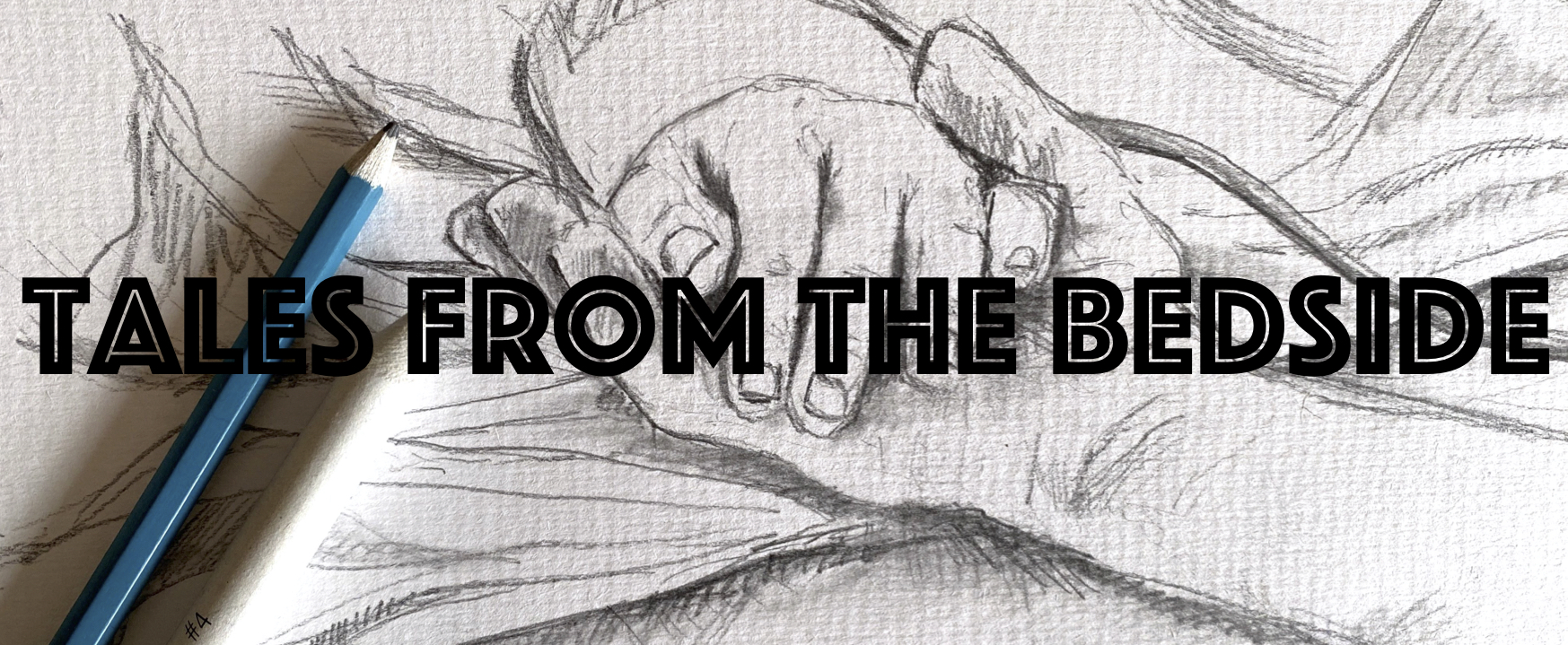Clinical Correlations is proud to present our section for humanism in medicine, Tales from the Bedside, where we showcase our community’s unique and diverse experiences as physicians and trainees in internal medicine.
By Haotian Xue
Whenever I am uncertain, I return to the first principles. These are the safe, simple truths – things like “the body trends toward homeostasis” and “treat others how they want to be treated” or “kindness is our greatest tool when communicating.”
Lately uncertainty seems to be everywhere. I see it in myself: the pause and skip in my voice before speaking to the crying patient, the doubt in my mind when I wonder if I will ever be as good as the mentors I work alongside, the abject terror in my gut of seeing a well-constructed plan fail, of watching a patient deteriorate despite being cared for by the most brilliant minds and the most cutting-edge technology.
I see it in my family. My father purchased a gun this week. He is afraid. He sees the attacks on Asian Americans across the country and wonders if he will be next. He wonders if Mom will be next – if I will be next. He told me I should get a gun as well. I cried in response.
I see it in our society. Just as an acute infection might reveal an underlying metabolic or seizure disorder, COVID-19 has unearthed much of the systemic injustice and societal unrest that has thus far festered underneath the surface. We as both the healthcare community and as individuals now grapple with newfound questions regarding the relationship between medicine and politics, and whether the public health benefits of perceivably partisan intervention outweigh the very real risks of losing apparent third-party objectivity.
Yet in this unknowable chaos I have observed both in myself and others a startling clarity. Similar to how the undifferentiated and medically complex patient strips us down to our scientific first principles, so too have I found that the beauty of uncertainty is that it forces us to advance piece-meal by the foundations of what make us human.
For instance, it was only when I accepted I had no idea what to say to the crying patient that I found the right words to speak. Then they came spontaneously, rushing out as a torrent, crudely yet proudly and honestly built. It was only when my dad let go of his fear and listened to the words he himself spoke long ago, “escalation is never the answer,” that he paused, took a deep breath, and found the courage needed to return the gun. And at the societal level, it was only in our hour of deepest shame and confusion that the nation resoundingly as one voice reaffirmed our core message, that “all men are created equal,” and the gears of government finally began to shift towards justice.
While the uncertainties of the future may seem daunting, I argue that they need not be so at all. Not because the troubles and fears we face are not real, or valid, or huge, but because just like in our approach to the undifferentiated patient, no matter how the question changes, our ideal response is essentially the same. We reason forward from our first principles, ones both individually and communally held as partakers of the Hippocratic Oath. And as long as we hold steadfast to them, we will never lose our way.
Haotian Xue is a third year medical student at NYU Grossman School of Medicine.
Note: While this is a piece of nonfiction, certain details have been changed to protect patient confidentiality.

